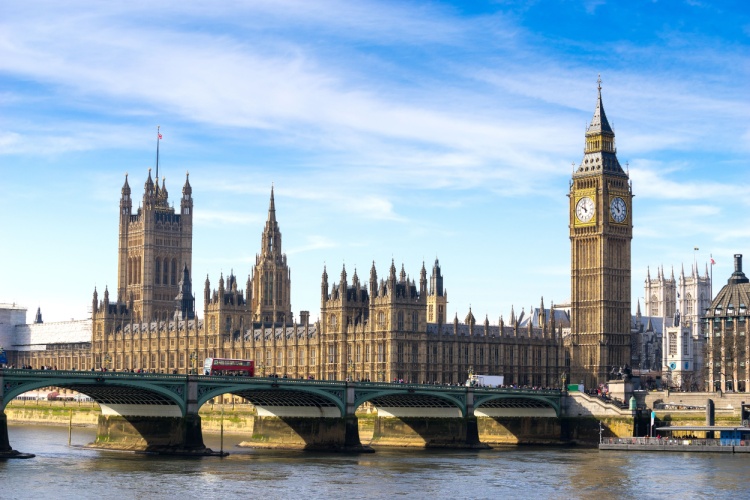Article posted 25 February 2013
As the tax year-end approaches, it is time to top up your ISA.
With February upon us, it won’t be long before the ISA supplements start appearing in the weekend papers. The end-of-tax-year rush to invest in an ISA is at once both sensible and illogical. It’s sensible because of the benefits an ISA offers:
- Dividends and income from fixed-interest securities are free of personal UK tax within a stocks and shares ISA, although dividend tax credits can’t be reclaimed.
- Interest earned on deposits is UK tax-free in a cash ISA. A flat 20% tax applies within a stocks and shares ISA.
- Gains made within ISAs are free of capital gains tax (CGT).
- ISA income and gains do not have to be reported on your tax return.
The illogic stems from the timing: why wait until the end of the tax year before taking advantage of the ISA’s tax benefits if you could have invested last April and enjoyed them since then? The answer is probably that there’s nothing like a deadline to concentrate minds, and, as a result, the marketing departments of financial services companies make the most of them.
In recent years, cash ISAs have attracted the bulk of ISA subscriptions, despite the base rate having been 0.5% since March 2009. The most successful cash ISA providers have relied upon temporary bonuses to attract investors – last year’s ISA season saw rates of around 3%, of which up to 2.5% was accounted for by a one-year bonus (now just about to end). So far in 2013, rates have been lower, with the big banks either staying their hand or deciding they don’t need the cash. Most returns on offer are now below the prevailing inflation rate.
The value of your investment can go down as well as up and you may not get back the full amount you invested. Past performance is not a reliable indicator of future performance. Investing in shares should be regarded as a long-term investment and should fit in with your overall attitude to risk and financial circumstances.




